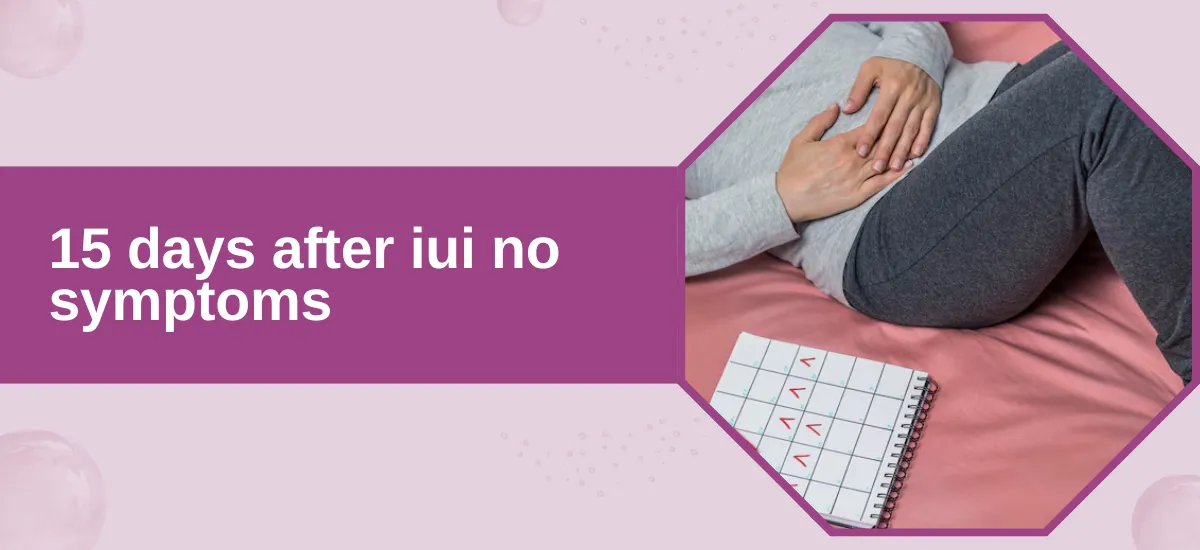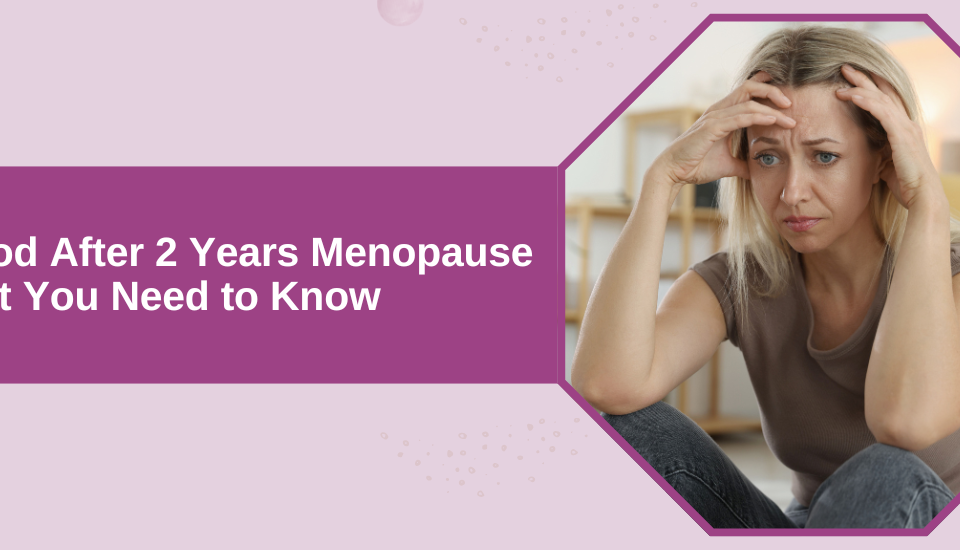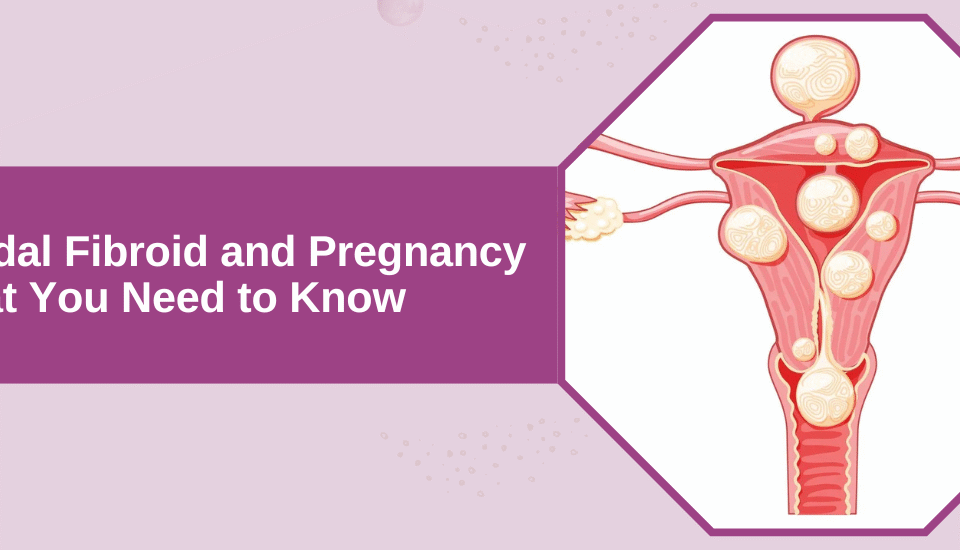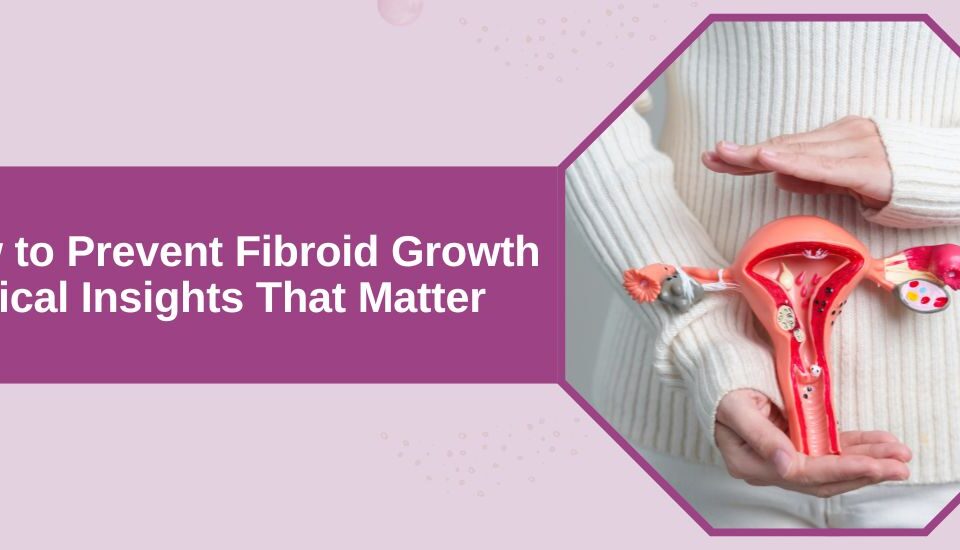- Have any questions?
- +91-98717 17305
- babiesandus12@gmail.com
No symptoms 15 days after IUI

12 Days After IUI No Symptoms: What to Expect During Your Two-Week Wait
May 22, 2025
7 Natural Menopause Treatments That Really Work
June 17, 2025The birth of a child is a life-changing moment, bringing boundless joy and fulfillment. However, for some, the journey to parenthood can be challenging due to various medical conditions. According to Dr. Hrishikesh Pai of Babies & Us Fertility IVF & ICSI Center, a state-of-the-art IVF facility in Mumbai:
“Conditions such as polycystic ovary syndrome (PCOS), endometriosis, and unexplained infertility can make conception difficult. Fortunately, fertility treatments like intrauterine insemination (IUI) have helped countless individuals achieve their dream of having a child.”
For those undergoing IUI, the two-week wait can be an emotional rollercoaster. While some experience early pregnancy symptoms, others may not notice any changes, leading to anxiety and uncertainty. If you have no symptoms 15 days after IUI, does it mean the procedure was unsuccessful?
This blog explores the potential reasons behind the absence of symptoms, when to expect them, and what steps to take next.
You’ve been waiting and observing every little change, hoping for a sign. But what if nothing seems different? Let’s take a closer look at when symptoms typically appear.
When Does One Experience Symptoms After IUI?
The body reacts differently to pregnancy, and symptoms can vary from person to person. Some may notice early signs within a week, while others might not experience any noticeable changes until much later. Common symptoms after IUI include:
Implantation Cramping –
Mild cramps may occur around 6-12 days after the procedure when the embryo attaches to the uterine lining.
Spotting –
Light bleeding or spotting, often mistaken for an early period, can be an early pregnancy sign.
Breast Tenderness –
Hormonal changes may cause increased sensitivity or soreness in the breasts.
Fatigue –
A rise in progesterone levels can make you feel unusually tired.
Nausea –
While often associated with morning sickness, nausea can sometimes begin earlier due to hormonal changes.
Frequent Urination –
Hormonal shifts and increased blood flow to the kidneys can lead to more trips to the bathroom.
Experiencing these symptoms does not guarantee pregnancy, just as their absence does not indicate failure.
Curious about what your body should feel like after IUI? Consult a fertility specialist for clarity and guidance tailored to your situation.
Some women feel every little change, while others feel nothing at all. But what does it mean if you have no symptoms? Let’s explore the possible causes.
Causes of No Symptoms 15 Days After IUI
There are several reasons why someone may not experience symptoms after IUI:
Previous IUI or IVF Medications –
Certain medications can mask or delay pregnancy symptoms.
Psychological Factors –
Anxiety and stress can sometimes dull bodily sensations, making symptoms less apparent.
Late Implantation –
If implantation occurs later than expected, symptoms may not appear right away.
Hormonal Variations –
Each body produces pregnancy hormones at different rates, affecting symptom onset.
High Pain Tolerance –
Some individuals naturally experience fewer bodily sensations, making symptoms less noticeable.
Dr. Nandita Palshetkar, an accomplished fertility doctor in Mumbai, says:
“The absence of symptoms does not necessarily mean an unsuccessful IUI. Pregnancy confirmation should always be based on medical tests rather than symptom tracking alone.”
While symptoms are often seen as indicators of success, they are not the only factor. So, how can you improve your chances after IUI?
Tips to Improve Chances After IUI
To maximize the likelihood of a successful pregnancy after IUI, consider the following tips:
Maintain a Healthy Diet –
Eating a nutrient-rich diet supports reproductive health.
Stay Hydrated –
Drinking enough water helps regulate bodily functions, including hormone balance.
Avoid Excessive Exercise –
Light activities like walking and yoga are beneficial, but intense workouts should be avoided.
Manage Stress –
Practicing relaxation techniques such as meditation can have a positive impact on fertility.
Follow Doctor’s Instructions –
Adhering to prescribed medications and advice is crucial for success.
Dr. Rohan Palshetkar, a prominent fertility specialist in Mumbai, advises:
“It is important for patients to focus on overall well-being rather than symptom tracking, as a positive outcome can occur even without noticeable changes.”
Looking for ways to enhance your chances after IUI? Consulting a fertility specialist can provide personalized strategies to improve success rates.
Still feeling uncertain about what to do next? Here’s a step-by-step guide to help you navigate this phase.
What Should I Do If I Notice No Symptoms 15 Days After IUI?
If you reach day 15 with no symptoms, follow these steps:
Take a Pregnancy Test –
A home test can provide an initial indication of pregnancy.
Schedule a Blood Test –
A beta hCG blood test offers the most accurate confirmation.
Continue Prescribed Medications –
Stopping progesterone supplements or other medications prematurely can impact the outcome.
Stay Calm and Patient –
Stress does not influence pregnancy results, but staying positive can make the wait easier.
Consult Your Fertility Specialist –
If unsure, a professional consultation is always the best step forward.
Conclusion – The Future of Fertility
Advancements in reproductive medicine have given new hope to those struggling with infertility. Whether symptoms appear or not, the journey to parenthood is unique for everyone. The most reliable confirmation of pregnancy comes from medical testing, not symptoms alone.
Dr. Hrishikesh Pai, a top-notch fertility doctor in Mumbai, emphasizes:
“Patience and a positive mindset are crucial during this period. Even if no symptoms appear, successful outcomes are still possible. Trusting the process and staying informed are the best approaches during this time. And rest assured, our team is here to provide unwavering support, personalized guidance, and the best possible care to help you navigate this journey with confidence and hope.”
Unsure about what’s next? Reach out to a fertility specialist for expert care and support.
Still have lingering questions? Here are some answers to common concerns.
Frequently Asked Questions
Can IUI be successful without symptoms?
Yes, many women have had successful pregnancies without experiencing any symptoms. The best way to confirm is through a pregnancy test.
How long should I wait before taking a pregnancy test?
It is best to wait at least 14 days after IUI before taking a test to ensure accurate results.
Can stress affect IUI results?
While stress does not directly impact implantation, staying relaxed and maintaining a positive mindset can help overall well-being.
Is it normal to feel completely normal after IUI?
Yes, some women do not feel any different, and this does not mean the procedure was unsuccessful.
What if I have symptoms but my test is negative?
If a test is negative but symptoms persist, consult a doctor to check for other possible factors affecting your cycle.
Reference Links:
https://my.clevelandclinic.org/health/treatments/22456-iui-intrauterine-insemination
https://www.scrcivf.com/implantation-after-iui-symptoms-to-look-for-and-what-to-expect/
Disclaimer: The information shared in this content is for educational purposes only and not for promotional use.




